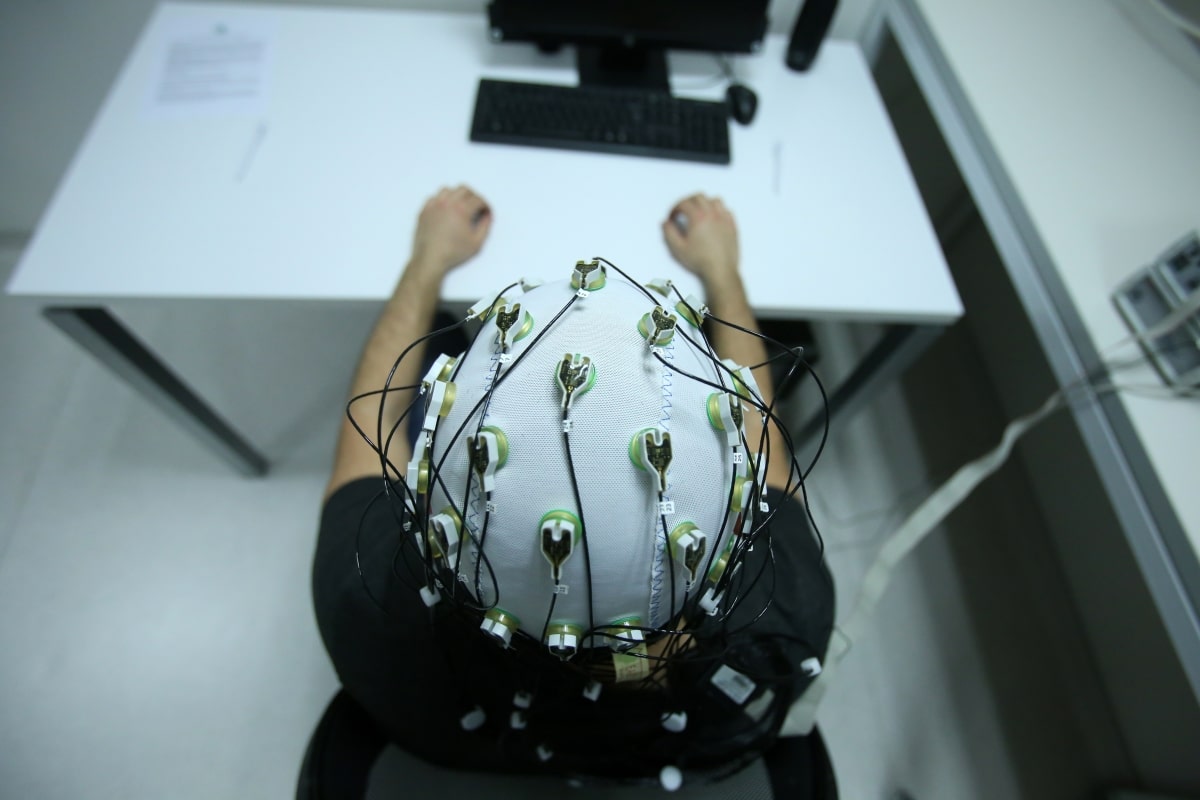The ethical dilemmas posed by emerging neurotechnologies require updating our laws to protect cognitive liberty, according to ethicist and lawyer Nita Farahany, who argues that while neurotechnology can offer valuable help, it can also seriously threaten privacy and freedom of thought.
Neurotechnology is advancing rapidly, offering potential benefits to mental health and cognitive enhancement. However, it also poses significant risks to privacy and freedom of thought. For instance, brain-computer interfaces could allow for the direct translation of thoughts into words in real-time, raising concerns about mind-reading by governments or other entities. The development of neurotechnology raises ethical dilemmas around the right to self-determination over our brains, including the right to enhance or diminish brain function. Nita Farahany, an ethicist and lawyer at Duke University, argues for a focus on protecting cognitive liberty as a human right, while also acknowledging the potential benefits of neurotechnology for addressing neurological disease and mental illness.






